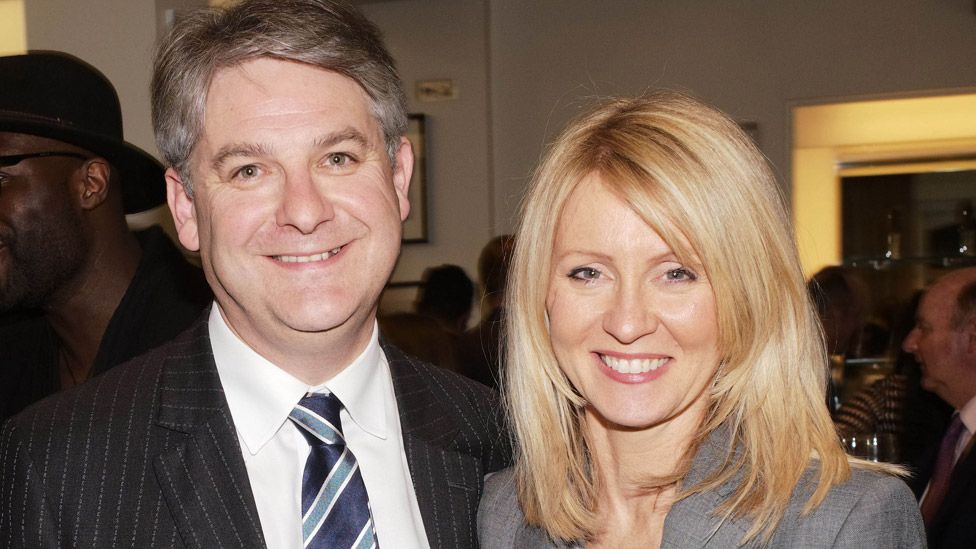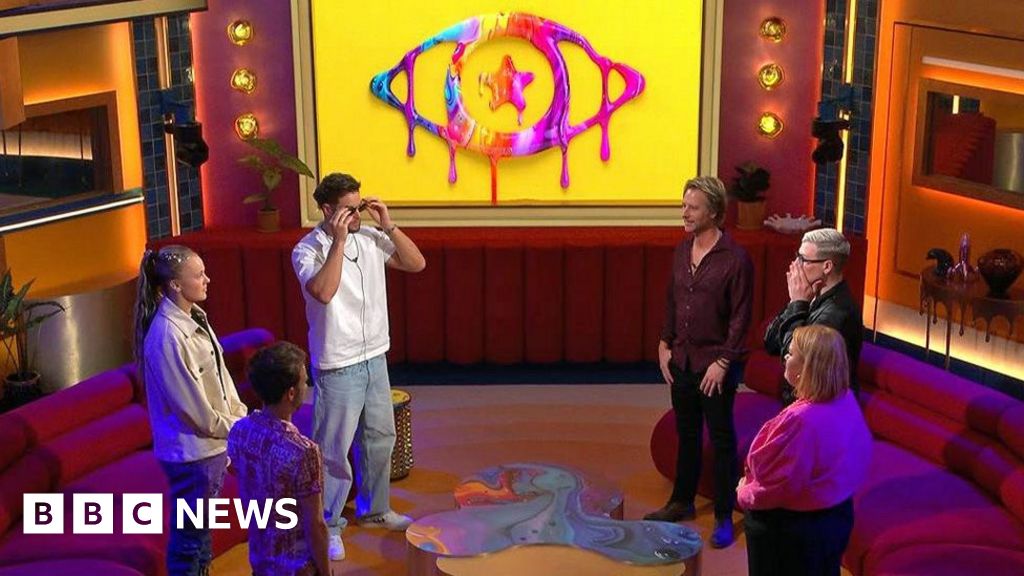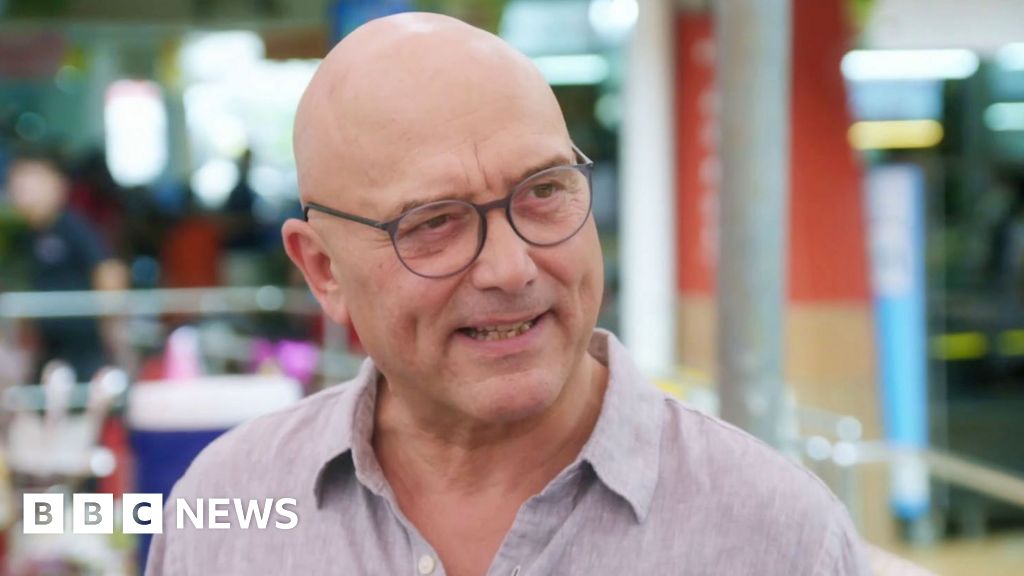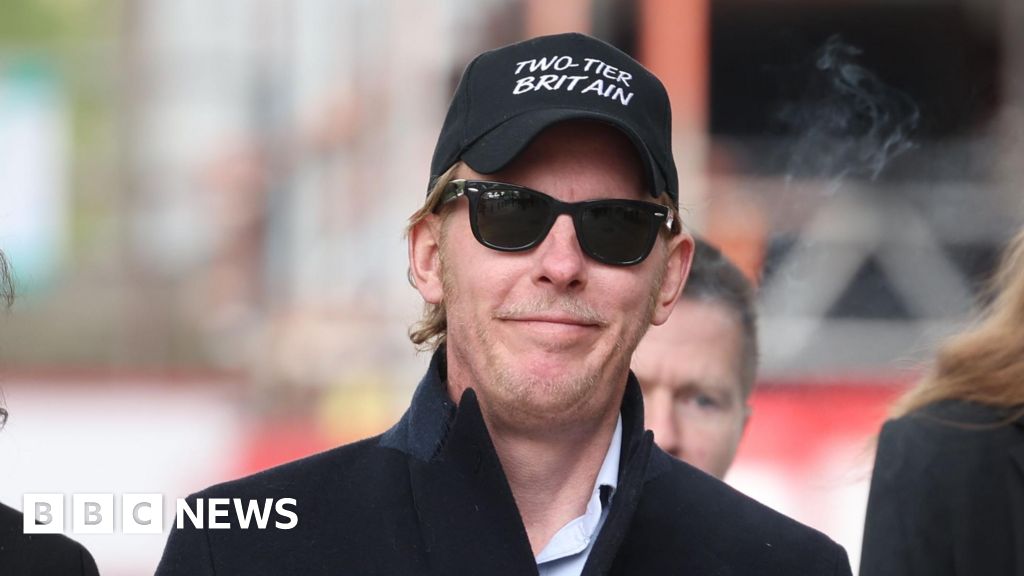ARTICLE AD BOX
 Image source, A Davidson/Shutterstock
Image source, A Davidson/Shutterstock
Philip Davies and Esther McVey are husband and wife MPs who jointly host a show GB News
By Steven McIntosh
Entertainment reporter
Ofcom has said it is conducting research into public attitudes towards current affairs programmes hosted by politicians.
Currently, sitting and former MPs such as Nadine Dorries, Jacob Rees-Mogg, Esther McVey and Philip Davies host programmes on GB News and Talk TV.
Until now, they have been allowed to do so as such programmes are classed as current affairs rather than news.
But Ofcom is conducting research to ascertain whether rules should change.
"Viewers and listeners ere at the centre of what we do," the regulator said in a statement.
"To ensure our broadcasting rules remain relevant and effective, it's important for us to understand first-hand what people think and feel about the TV and radio content they consume, and how perspectives might change over time.
"The rules around politicians presenting programmes were first introduced in 2005. Given the rise in the number of current affairs programmes presented by sitting politicians and recent public interest in this issue, we are conducting research to gauge current audience attitudes towards these programmes."
Ofcom's rules say politicians are not allowed to be newsreaders, interviewers or reporters in news programmes "unless, exceptionally, it is editorially justified".
However, they are allowed to host current affairs shows, as long as a range of views are reflected.
This Twitter post cannot be displayed in your browser. Please enable Javascript or try a different browser.View original content on Twitter
The BBC is not responsible for the content of external sites.
Allow Twitter content?
This article contains content provided by Twitter. We ask for your permission before anything is loaded, as they may be using cookies and other technologies. You may want to read Twitter’s cookie policy, external and privacy policy, external before accepting. To view this content choose ‘accept and continue’.
The BBC is not responsible for the content of external sites.
In recent years, an increasing number of politicians have fronted or guest presented current affairs programmes.
This is partly due to the number of new TV networks which have launched - such as GB News and Talk TV.
Nigel Farage, the former UKIP leader and current president of Reform UK (formerly the Brexit Party) is one of the hosts on GB News, hosting an evening show from Monday to Thursday.
The network is also home to Rees-Mogg, who hosts the programme immediately after Farage, and husband-and-wife Conservative MPs McVey and Davies, who jointly host a Saturday morning programme.
Ofcom previously announced it would investigate an episode of the couple's weekend programme during which they interviewed Chancellor Jeremy Hunt about his Budget.
New radio networks have also sprung up in recent years, such as Times Radio, which employs former Scottish Conservative leader Ruth Davidson and former Conservative culture minister Ed Vaizey.
It has also become more normalised for current or former politicians to guest present existing programmes on major networks - such as Ed Balls co-hosting ITV's Good Morning Britain.
BBC Radio 2's Jeremy Vine show, meanwhile, has previously been guest presented by former Labour leader Ed Miliband and former Conservative leader Sir Iain Duncan Smith.
Media pundits have questioned whether Ofcom rules surrounding current affairs programmes should be tightened to reflect the strict guidelines which govern news output.

 1 year ago
101
1 year ago
101








 English (US) ·
English (US) ·